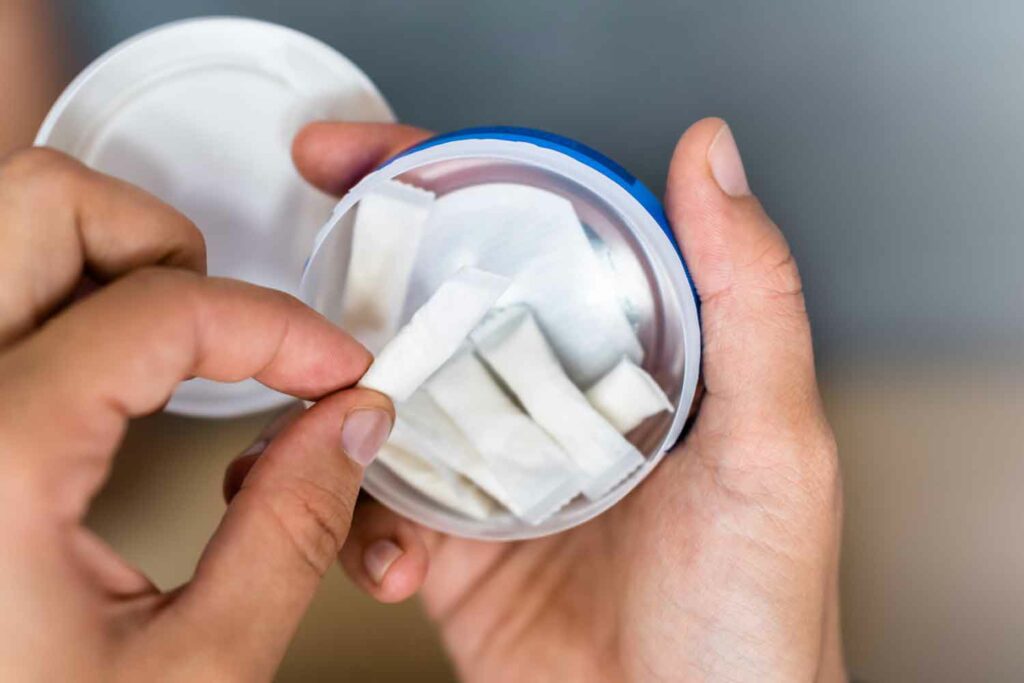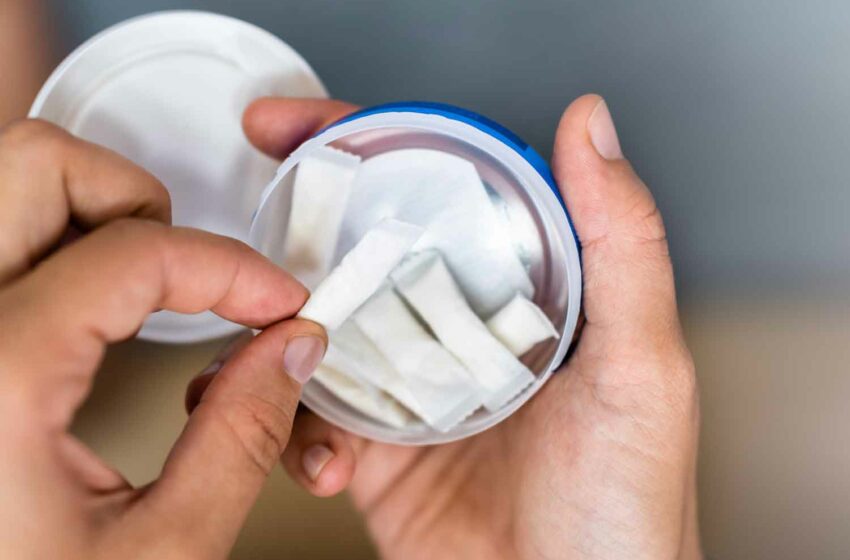
Health experts are skeptical about the potential of snuff and smokeless tobacco as tools to help smokers quit reports The NZ Herald.
New Zealand’s newly elected government has backtracked on the previous government’s generational ban and agreed to “reform the regulation of vaping, smokeless tobacco and oral nicotine products.”
Vaping is currently used as a smoking cessation tool in the country while heated-tobacco products are not widely used and oral nicotine products are banned.
“Early information I have got around oral nicotine is that it was used highly successfully in Scandinavian countries,” said Associate Health Minister Casey Costello.
“I think Sweden was one of the first countries in Europe to reach below that 5 percent threshold. And how much oral nicotine products contributed to that—I’m really interested to understand how that worked.”
Tobacco control experts are not sold on the idea, though. “Chewing tobacco is likely to be a lot less harmful than smoking tobacco, but it’s not completely safe,” said Chris Bullen, a professor specializing in tobacco control at the University of Auckland. “And in my personal view, I don’t think introducing other products into the mix here in New Zealand is a good [idea].”
Bullen as well as Janet Hoek, professor at the University of Otago, said that using Sweden as an example is troublesome because snus is culturally significant in Sweden compared to New Zealand. Bullen also noted that snus is widely available in Sweden and has been purified to remove particularly harmful ingredients, factors that could be difficult to replicate.
Hoek also expressed concern that the new government’s policies closely align with the tobacco industry. “We know that tobacco companies and the groups that they give money to for a very long time have wanted a more liberal tobacco marketplace, so we need to watch that space carefully,” she said.
According to Hoek, stronger evidence exists for denicotinization, reducing retail outlets and creating a smoke-free generation. These measures are part of the legislation that was repealed.
The new government has agreed to increase penalties for those caught selling vapor products to individuals under the age of 18 and to consider requiring a license to sell vapor products.











